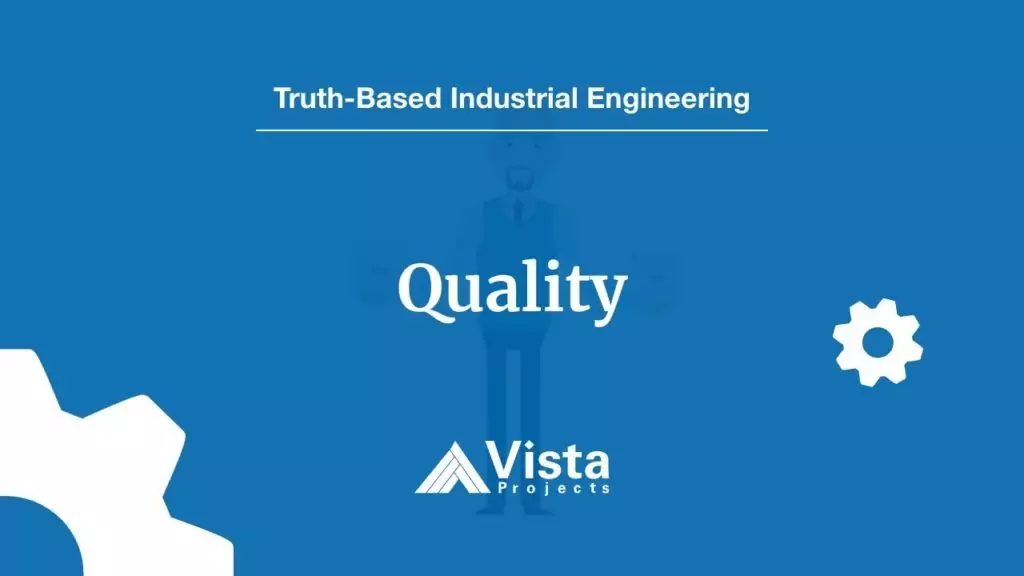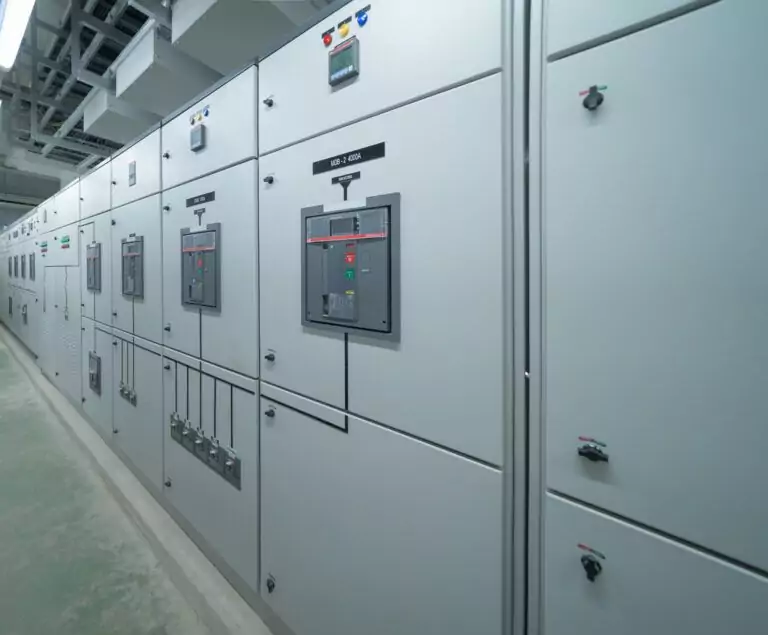
In a study of over 2,000 knowledge workers, 57% of employees reported that “finding the information they needed was one of the top contributing factors to lagging productivity in the workplace”. A staggering 49% said that they spend between 30 minutes and 2 hours tracking down the correct information they needed to do their job [1].
While the digitization of the workplace has accelerated rapidly over the last 3 years since the pandemic struck, the modern workplace is in many ways ill-equipment to deal with the levels of information to be processed and communicated.
With the current economic climate, teams and businesses are looking for ways to explore opportunities for increased efficiency on project teams. The increasing important of data, and the complexity of data sources, has meant the use of systems to collect, analyze, visual and collaborate on data has become vital for project teams on industrial projects.

Knowledge workers, including industrial project teams, now interact with an array of communication and information systems on a daily basis. This can lead to data silos, lack of focus and unclear objectives for project teams, stakeholders and customers.
There are many benefits to focusing on data within industrial projects and the use of integrated data management systems. In this article, we’ll focus on the 3 most important benefits.
- Improved Communication
- Improved Decision Making
- Improved Quality

Benefit #1 – Improved Communication
Focusing on data helps reduce “fragmented” workplace communication
Communication is highly fragmented in the workplace of 2022.
Teams work in the office, at home and in hybrid work modes. They are stationed on-site, support facilities remotely and collaborate across different time zones. The modern project team have up to 7 communication systems to monitor, maintain and interact with. Multiple communication channels and retrieval systems make for chaotic working environments.
These include:
- In-person conversations and meetings
- Phone calls
- Video calls
- Emails
- Instant messaging
- Mobile devices and messaging apps
- Team message boards and channels
For industrial engineering teams, this leads to a potential loss of efficiency when data and information is passed through different media, stored in dispersed locations and data is prone to be misplaced and mishandled. In the study referenced above, the author summarized:
“Clients are expecting seamless, engaging and quick touchpoints with businesses. So when employees are spending hours tracking down the information they need to be successful… that negatively affects their experience.”
Creates a “Single Source of Truth”
Time is lost converting and collating information from different sources, using different tools sifting through reports to find key insights.
An integrated “single source of truth” can simplify communications, reduce misunderstandings and increase the speed of progress when information is stored in a single, reliable system.
A single retrieval system for drawings, documents and technical specifications reduces the amount of time checking to ensure correct document revisions are used and reduces the likelihood of issues with configuration management.
Reduces conflict
When transparency in measures, metrics, performance and timelines are available, many unnecessary sources of conflict on industrial projects are eliminated.
Whether it’s customer expectations, internal company reviews or team-based reporting; clarity and focus on what really matters drives performance. By housing data in a single trusted system, conflict between stakeholders can be avoided by using objective data.
With integrated data management systems, customers and senior management can have immediate access to reliable data on a project’s progress and KPIs. This makes way for the team to focus on the real job at hand; providing value to the customer.

Benefit #2 – Improved Decision Making
Data-Based Decision Making
According to a PwC study of more than 1,000 business leaders, corporations that are heavily dependent on data to make decisions are three times more likely to significantly improve decision-making and overall business outcomes [2].
The use of data and effective data systems allow for larger volumes of information to be collected, analyzed, visualized and conceptualized quickly when it matters.
The ability to analyze and present salient information quickly, when it matters most, places modern data management systems at a major advantage versus traditional manual manipulation of data. Dashboards and snap-shot reports from automated systems can be used to monitor live data, with no manipulation, saving hours of reporting for project teams.
Clear visualization of different data sets allows for the early identification of trends and change points in processes, project performance or environmental/business condition.
The Benefits of Standardized Reporting
Standard alerts and triggers can be built into systems so that decisions may be made more quickly and reaction times reduced. When clear data is readily available, decisions can be made to take advantage of opportunities, or avoid potential risks on a project. Shortening the process of sorting information and reporting to senior management, means that decisions can be made more quickly, saving valuable time and money.
Benefit #3 – Improved Quality
Verifiable Process & Performance data
The process or performance output of a project could relate to a number of things in an industrial engineering project:
- Throughput data measured from a flow process
- Physical measurements from a control chart in a manufacturing facility
- PPM (parts per million) measurements of a defect or complaint from a product provided to a customer
Data management systems that are set up to capture, record and analyze a product or service’s performance can give a number of direct benefits. Trends can be identified more quickly, control limits set to alarm at specific trigger levels and customer satisfaction, or complaints reported and assessed more quickly.
Data systems that allow for closed-loop monitoring can be tuned to self-correct so that those managing the process are able to react immediately and rectify the issue.
Continuous Improvement
Objective data from completed projects can similarly be fed forward into future projects to improve an engineering team’s performance of delivery.
Effective lessons learned from previous projects can be captured and placed into categories so that future projects may learn from both the successes and the challenges of previously completed work.
A virtuous cycle of continuous improvement is possible when teams have the ability to “hold the gains” across months and years of projects. New team members are onboarded more quickly when retrievable databases of project information are available.
Conclusion
With more and more information coming at project teams who are themselves more fragmented than ever before, the use of objective data for decisions has never been more important. For optimal decisions to be made, agreed focused metrics must be agreed up-front on projects and the source of data clear to all involved.
An integrated data management system can transform a team’s productivity and results by reducing friction throughout a project, giving the ability to react more quickly to opportunities and avoid issues.
Trusted data and retrieval allow teams to continuously improve through thorough lessons-learned, building databases of real-world experience. These can be brought to bear on future projects to meet the challenges of tomorrow.
Planning an industrial engineering project where data management is a critical success factor?
Vista Projects is an integrated engineering services firm able to assist with your industrial engineering projects. With offices in Calgary, Alberta, and Houston, Texas, we help clients with customized system integration and engineering consulting across all core disciplines.










